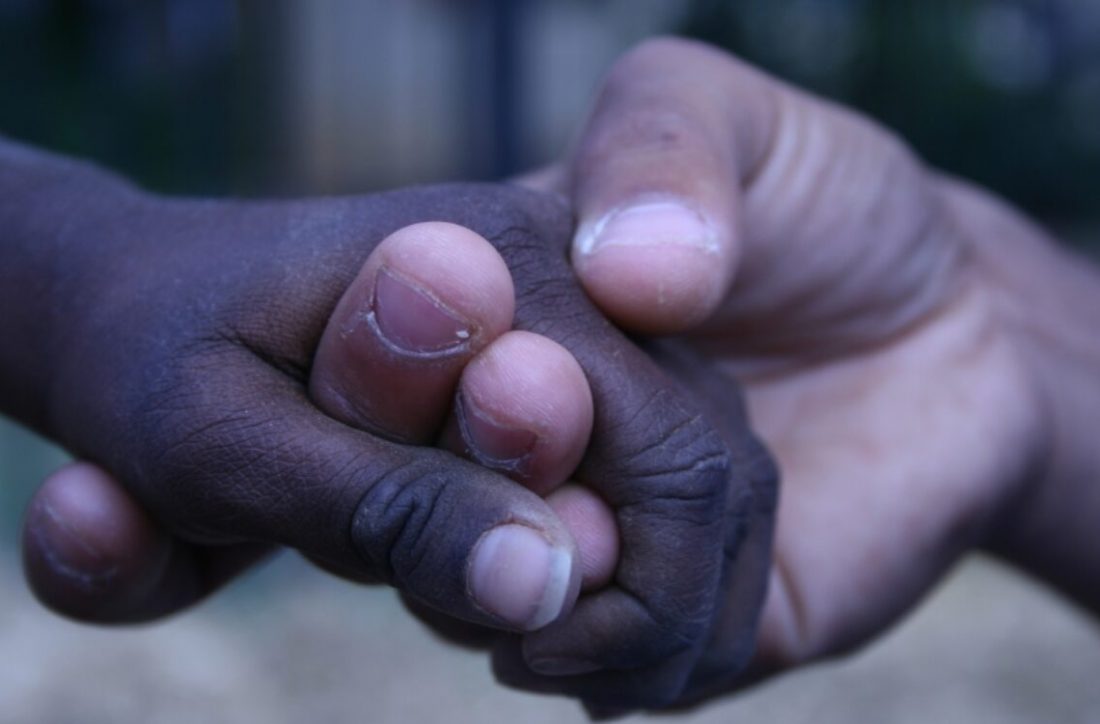The Alice Springs Aboriginal health service, Central Australian Aboriginal Congress Aboriginal Corporation [‘Congress’], welcomes the long-term approach and commitment to Indigenous Australians displayed by both sides of Parliament, following the release of the Prime Minister’s 2013 Closing the Gap report.
Chief Executive Officer of Congress, Ms Donna Ah Chee, says “It is important to acknowledge the substantial improvements that are now happening in Aboriginal health here in the NT.
“The NT has by far the fastest rate of Indigenous health improvement of any State or territory.
“This is exemplified by the improvement in life expectancy for our people, as the NT is the only jurisdiction on track to close the life expectancy gap by 2031,” Ms Ah Chee said. “We have to maintain our efforts and stay on this track.
“Giving greater attention to early childhood development and alcohol issues, while at the same time building on progress in other areas, is paramount for reaching all the targets for Closing the Gap.
“We are very pleased to see the progress being made by governments in providing access to early childhood education,” Ms Ah Chee continued. “The important goal of having our kids get a good start in life includes the need for universal access to preschool, but this is not enough on its own.
“With 92% of a child’s brain development complete by age four, we know that the years prior to pre-school are the most important ones for life-long health and wellbeing.
“The Prime Minister has noted with concern the failure to meet the key educational targets, but Congress has been saying for the last two years that unless we can get our kids starting school with less developmental vulnerabilities, then they are not going to do well.
“If children lack self-regulation, working memory and other critical capabilities at age four, many already have a life-long disability which will impact on their physical and mental health, including being more susceptible to developing addictions.
“Congress will therefore continue to advocate relentlessly for the rapid roll-out into the whole NT of evidence-based programs that address inter-generational disadvantage.
“Most importantly, this roll-out must prioritise provision of support for parents of very young children, specifically through the nurse home visitation program and Abecedarian Educational Day Care program.
“Both these programs have been shown to have a greater effect the more disadvantaged the families are. These two programs have the potential to ensure that all children have the chance to achieve their full potential and develop sufficient capacities and capabilities to do well at school.
“We also congratulate both the Prime Minister and the Opposition Leader for their stands on alcohol, and for urging the NT’s Country Liberal government to reinstate the Banned Drinkers Register. This needs to be complemented by other urgent measures, such as an alcohol floor price based on the price of beer, and one day a week with no takeaway alcohol sales, linked to Centrelink payment days,” Ms Ah Chee said.
“We cannot afford to take any steps backwards on alcohol.
“Alcohol is a major determinant of health for Aboriginal people in the NT. We agree with the Prime Minister and the Opposition Leader when they say that regression in alcohol policy by the state and Territory governments threatens the progress being made.
“All these things take time, but what we’ve seen today is that there is progress being made.
Closing the Gap needs to continue to be a bipartisan, long-term commitment,” Ms Ah Chee concluded.
More Information
Central Australian Aboriginal Congress is the oldest and largest Aboriginal community-controlled health organisation in the NT. Congress offers comprehensive primary health care to Aboriginal people living in Alice Springs and within a 100km radius. Congress also provides auspice support to health centres in five remote Central Australian communities.
Page 52 of the Closing the Gap report is a case study on Central Australian Aboriginal Congress’ preschool readiness program. The program works with children at risk of developmental vulnerabilities and helps them get ready for preschool. In 2012 the program was recognised with an award for ‘Promoting healthy childhood and preventing chronic disease’ at the Chronic Disease Network Recognition Awards.
